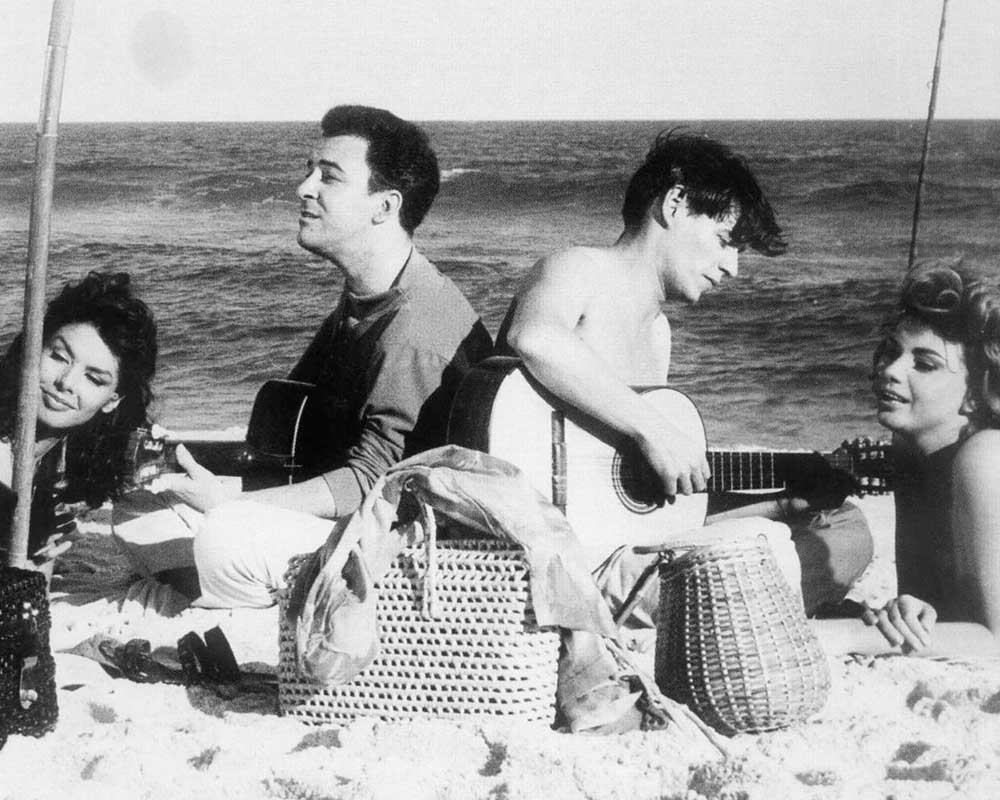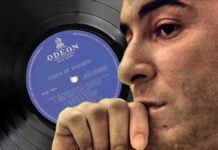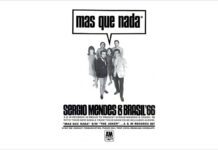What is it about Bossa Nova that makes us feel so good? Why does that simple little guitar rhythm free our musical spirit like no other? How is it that this deceptively simple musical style, created half a world away in a language that only a relatively small part of the planet speaks today is still defined by its youthful, timeless qualities and universal appeal?
Bossa Nova was born on July 10th, 1958 at the old Odeon recording studios in Rio de Janeiro. That’s the date that João Gilberto finally got it right with ‘Chega de Saudade’ – Bossa Nova’s very first song.
Gilberto’s new guitar rhythm was revolutionary, and it shared one important thing with its American counterpart rock and roll: this yet-unnamed new beat sounded oddly out of place with the pop music of Brazil in the 1950’s: languid, emotionally drenched boleros and romantic Sambas which carried the yearning of love lost, love wanted, or life waiting to be lived. Just like rock, Bossa Nova provided a happy, energizing musical alternative.
So much of the music we listen to today owes a great debut to this story and especially to João Gilberto – and it’s been that way for generations. Some of these examples are easy to spot, others are camouflaged by the ever-changing face of pop music. But Bossa’s influence is both international and eternal.
We’ve already celebrated Bossa’s 60th with salutes to Antonio Carlos Jobim, Stan Getz and Astrud Gilberto and in the weeks ahead, we’ll share the amazing story of the legendary Getz/Gilberto album, our look at Brazil’s First Family of Bossa Nova, and the real story behind ‘Mas Que Nada’.
Each of these stories will pull at a common thread: it’s all a result of João Gilberto’s compulsion to make his guitar play the rhythm that he was hearing in his head.
So enjoy all that Bossa Nova has to offer. And don’t forget the music when you head down the road with our streaming channels and apps for Apple, Android and more. You’ll find that it’s easy to understand why Brazil’s greatest gift to the world isn’t coffee or cachaça. It’s the Bossa beat!










